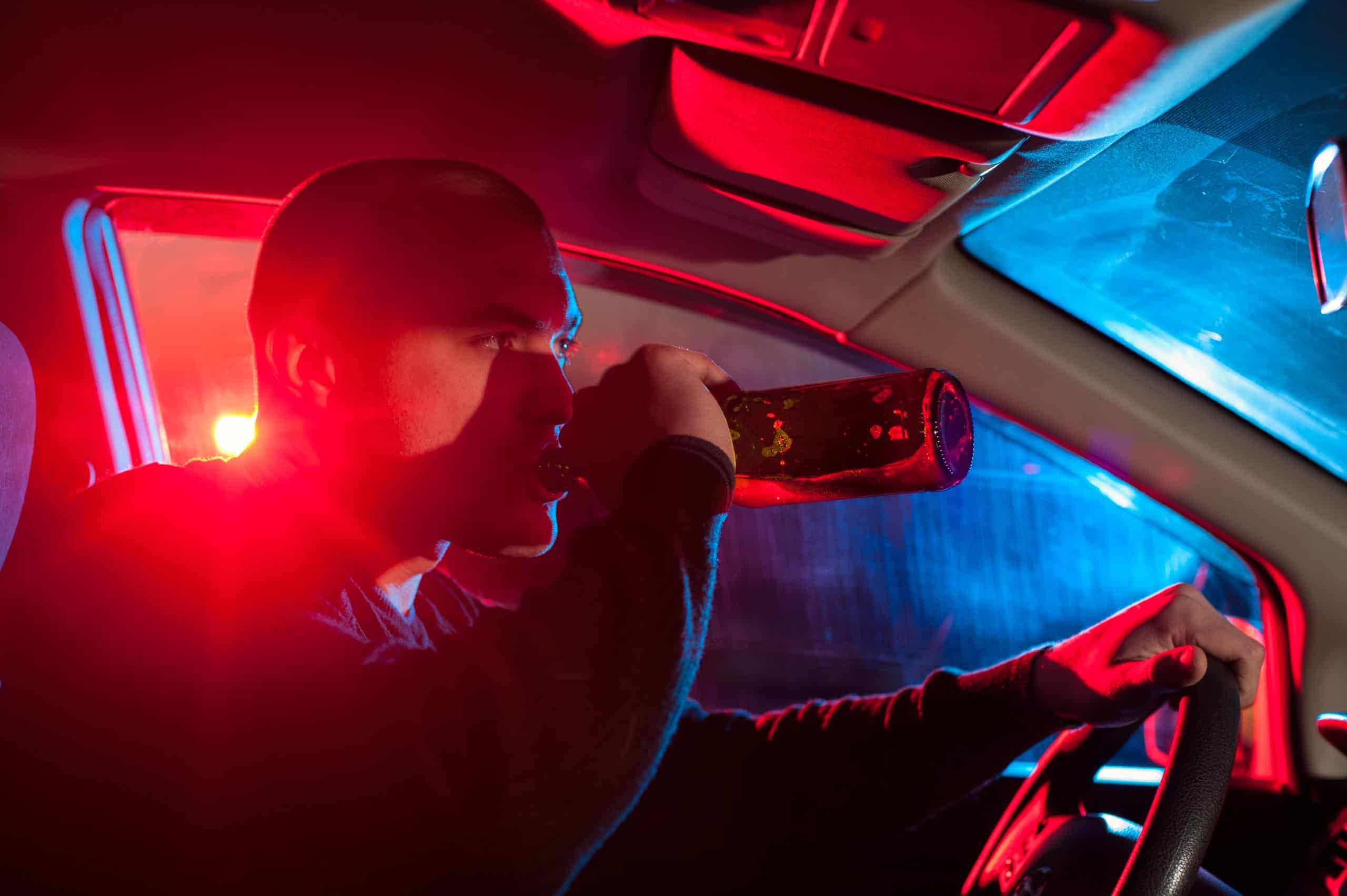
If you face commercial DWI charges, you face the possibility of stiff fines and jail time. But, more importantly, you run the risk of losing your commercial driver’s license (CDL) and, with it, the ability to earn a living. A first offense commercial DWI will cost you your CDL for a year, while a second conviction will cost you your commercial license permanently.
A commercial DWI lawyer in Grand Prairie can help protect your legal rights and fight for your commercial driving privileges. Contact the Law Offices of Randall B. Isenberg today at 214-696-9253 to schedule a free consultation.
What Constitutes a Commercial DWI?
In Grand Prairie, commercial drunk driving charges relate to the type of driver’s license you hold, rather than the type of vehicle you drove at the time of your arrest.
In other words, if you have a Texas CDL, you will face commercial drunk driving charges, whether you were driving a passenger vehicle or a commercial vehicle while intoxicated.
The statutes that govern individual drunk driving laws are contained in Chapter 49 of the Texas Penal Code. The additional laws that address commercial DWI come from the Texas Transportation Code (TTC).
Essentially, commercial DWI charges apply if a CDL holder violates either of these statutes. This means either driving a personal vehicle with a blood alcohol concentration (BAC) of 0.08 or above or driving a commercial vehicle with a BAC of 0.04 or above.
You also violate the commercial drunk driving statutes if you drive under the influence of drugs (legal, illegal, or controlled substances).
What Penalties Are Different for a Commercial DWI?
Upon conviction for a commercial DWI, you will face fines and penalties that far exceed those applicable to non-commercial drunk driving charges. The specific charges and penalties that apply depend on what type of vehicle you drove while drunk, your prior criminal record (if applicable), and any aggravating circumstances.
A CDL holder who drives drunk in a personal vehicle will face the typical Class B misdemeanor charges for a first DWI offense. Conviction on a Class B misdemeanor carries a $2,000 fine and as much as six months behind bars.
However, if you had a BAC of 0.15 or above, you will face Class A misdemeanor charges, with a $4,000 fine and up to one year in jail — even for a first offense.
The judge is also likely to require you to perform community service, attend substance abuse counseling, and install ignition interlocks on all your vehicles.
The big difference between a commercial DWI and a regular DWI is that a commercial DWI conviction also carries CDL disqualification penalties.
How Will Commercial DWI Disqualification Penalties Affect You?
The statutes refer to suspension of a CDL as a disqualification because conviction of a commercial DWI disqualifies the license holder from driving a commercial vehicle.
A first offense carries a one-year disqualification period. However, if you transported hazardous materials while intoxicated, you face a three-year disqualification period.
Upon conviction for a second commercial DWI, the statutes dictate a permanent disqualification penalty.
You also face permanent disqualification if you refuse to submit to BAC testing after your first commercial drunk driving conviction.
What Are the BAC Testing Laws for Commercial DWI?
For non-CDL holders, the police must have reasonable suspicion of a violation of the law before making a traffic stop. Officers must then establish probable cause before making an arrest or requesting that the driver undergo BAC testing.
For CDL holders, the laws that dictate when police can request BAC testing are significantly stricter for drivers.
Per regulations enforced by the Federal Motor Carrier Safety Administration, law enforcement officers can conduct BAC testing if they suspect in any way that the driver could be intoxicated. Police can also test a CDL holder after any type of accident or simply at random.
You can refuse BAC testing; however, you will face a one-year disqualification the first time you refuse, and a three-year disqualification for any subsequent refusal. You will face a lifetime disqualification if you refuse with 2 commercial DWIs on your record.
It is important to note that these regulations apply to CDL holders at all times, even when you drive a personal vehicle.

How Can a Commercial DWI Lawyer Help You?
The penalties for a commercial drunk driving conviction are especially harsh but the biggest challenge for CDL holders pertains to their future ability to earn a living.
Although you only face a one-year disqualification for your first offense, your conviction will become part of your permanent criminal record. Consequently, unless you are an independent owner-operator, you may have trouble finding a company that will hire you to drive commercially with a DWI on your record.
Mounting an aggressive defense against drunk driving charges can help protect your livelihood. A commercial DWI lawyer in Grand Prairie can protect your legal rights and help you fight for your future.
We will begin by evaluating the prosecutor’s evidence related to your arrest and BAC testing, in search of any potential errors or violations of your legal rights. Using any such transgression, we can negotiate with the prosecutor to reduce or drop the charges, or even petition the court to dismiss your case.
Failing an acceptable reduction or dismissal of the charges, we can build a case for your defense at trial.
If you already lost your CDL due to a DWI conviction, you can seek the assistance of a criminal defense lawyer to potentially help you get your CDL reinstated.

Meet with a Commercial DWI Lawyer in Grand Prairie Today at No Cost
Before you make any decisions or attempt to fight drunk driving charges on your own, talk through your case with a commercial DWI lawyer.
Attorney Randall Isenberg will put his 30+ years of experience to work on your case. He will work tirelessly on your behalf, to build a strong defense and help you achieve the best possible outcome in your case.
Call us today at 214-696-9253 to schedule your no-cost, no-obligation consultation and case review with a commercial DWI lawyer in Grand Prairie.










